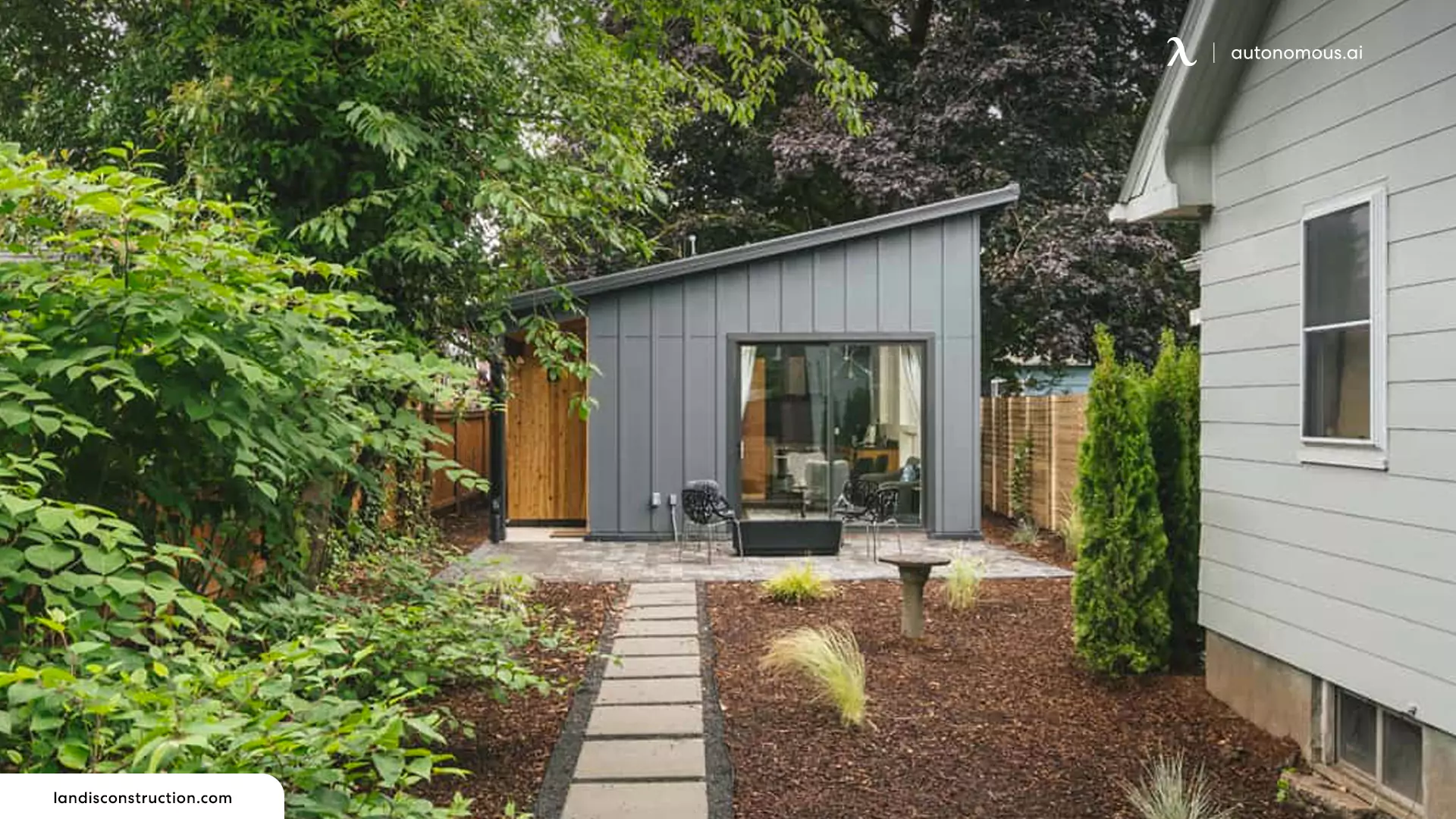
Building a Prefab ADU in Maryland: What You Need to Know
Table of Contents
Maryland is experiencing a quiet revolution in housing, with an increasing number of homeowners embracing the versatility and charm of prefab ADU in Maryland. These small, self-contained living spaces are blossoming across the state, offering a unique blend of practicality and innovation.
Imagine strolling through a quaint neighborhood in Maryland. Amidst the traditional single-family homes, you notice delightful, compact structures nestled in backyards or attached seamlessly to existing houses. These are ADUs, and they're becoming a beloved fixture in Maryland communities.
Growing Popularity of Maryland Prefab Homes
Why the surge in popularity? The reasons are as varied as the structures themselves. For some, it's about family. Picture an elderly parent living independently but just steps away from their children and grandchildren or a recent college graduate finding their footing in a supportive environment while enjoying their own space. ADUs make these scenarios possible, fostering closer family ties while respecting individual independence.
For others, ADUs represent an exciting financial opportunity. These units can be rented out, generating a steady stream of passive income. In a state where housing costs are steadily rising, the additional rental income from an ADU can make a significant difference. Homeowners can cover mortgage payments or save for future investments, all while providing affordable housing options in their community.
ADUs also offer a touch of hospitality. Think of inviting friends or family for a visit and offering them their private retreat, complete with a kitchen, bathroom, and cozy living space. It's a way to welcome guests warmly without compromising on personal privacy.
Moreover, ADUs contribute to the broader housing solution. Maryland, like many places, faces challenges with housing affordability and availability. By making use of existing properties, ADUs provide a sustainable and efficient way to increase housing stock without sprawling into new land or radically altering neighborhood dynamics.
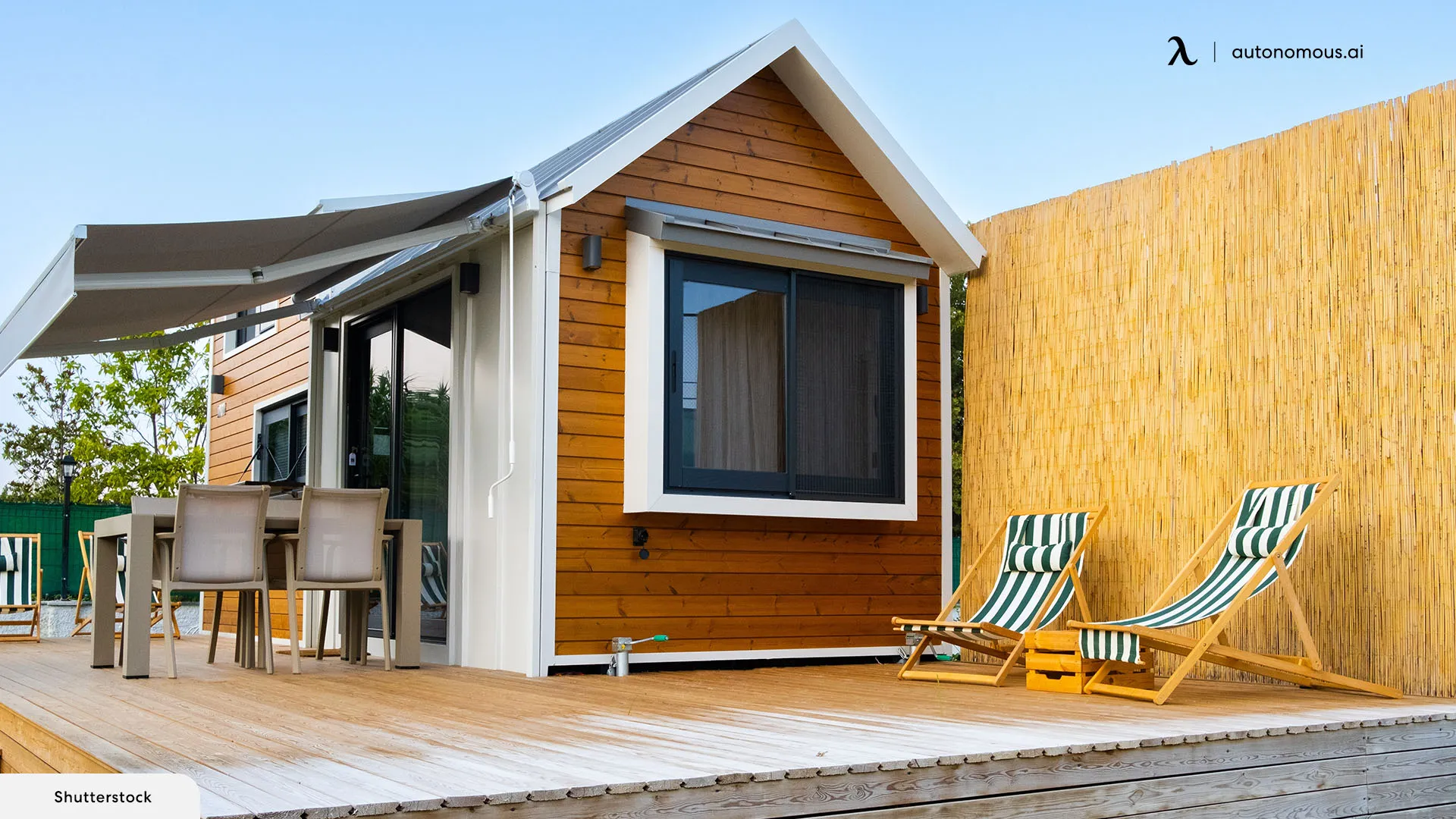
Legal and Zoning Requirements
Zoning Districts
Most residential zoning districts in Maryland permit the construction of ADUs. Still, it's crucial to confirm the specific zoning regulations applicable to your property by consulting your county's Department of Planning and Zoning. These departments can provide detailed information on any restrictions or additional requirements that may apply in your area.
Single Lot Limitation
Maryland regulations stipulate that a single-family residential lot can only have one accessory dwelling unit. This ensures that the property maintains its primary function as a single-family residence and avoids overcrowding and excessive density within neighborhoods.
Separate Entrance
An ADU must feature a separate entrance from the main dwelling. This requirement maintains the privacy and independence of the ADU occupants, making it a distinct and self-contained living space.
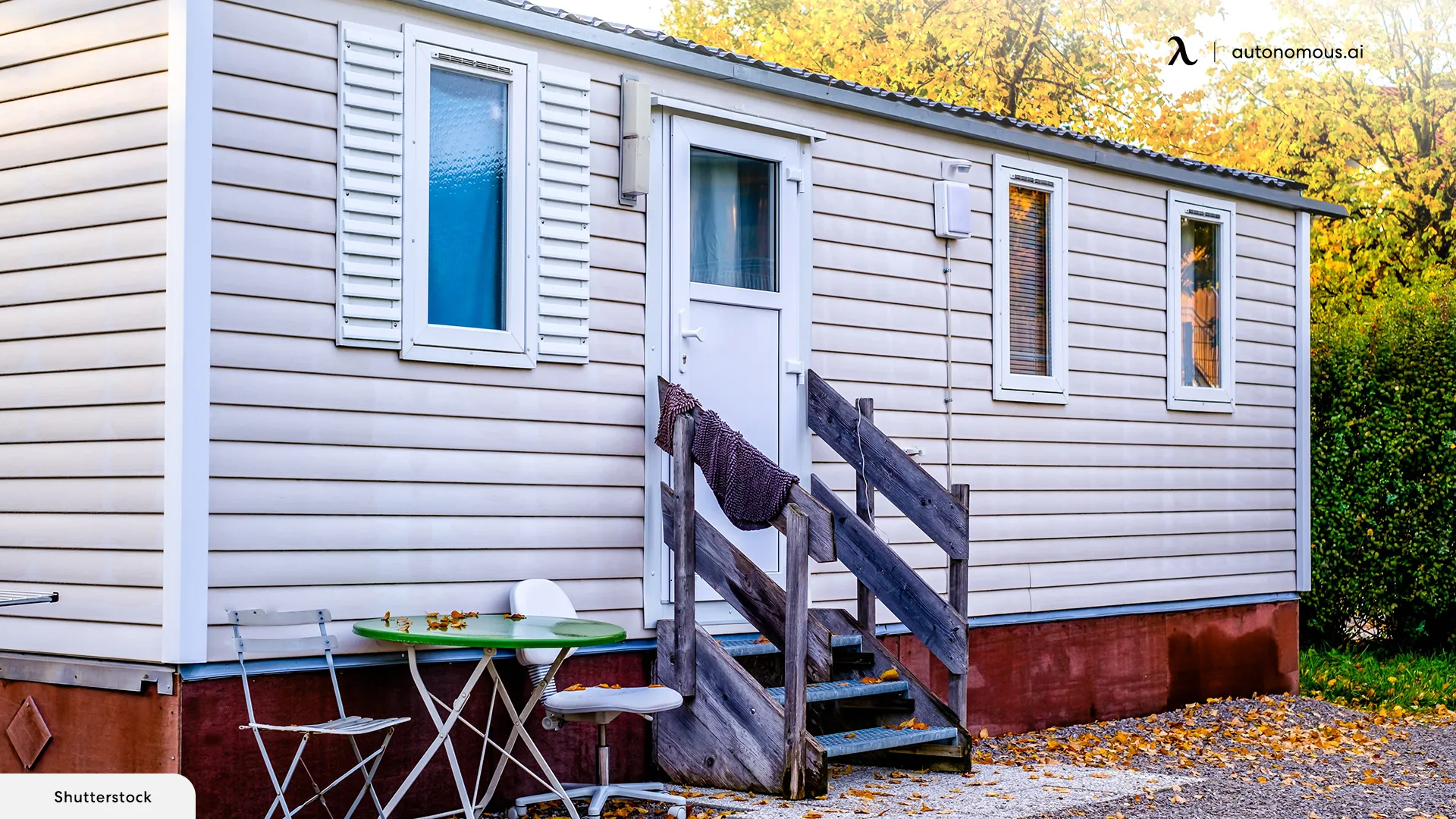
Owner Occupancy
To prevent properties from becoming entirely rental units, Maryland law requires that the property owner live in either the primary residence or the ADU. This ensures that owners have a vested interest in maintaining the property and the surrounding community.
Storm Water and Environmental Management
If the construction of an ADU involves adding impervious surfaces, such as roofs or paved areas, a stormwater management plan must be implemented to mitigate runoff and potential flooding. Additionally, if the construction impacts existing vegetation or involves tree removal, a mitigation plan is necessary to address environmental concerns and preserve the local ecosystem.
Rental Regulations
Renting out an ADU, as a prefab office or otherwise, usually requires obtaining a rental license and passing periodic inspections to ensure the unit meets health and safety standards. Both short-term and long-term rentals are allowed, but specific regulations, such as the length of stay and tenant turnover, can vary between counties.
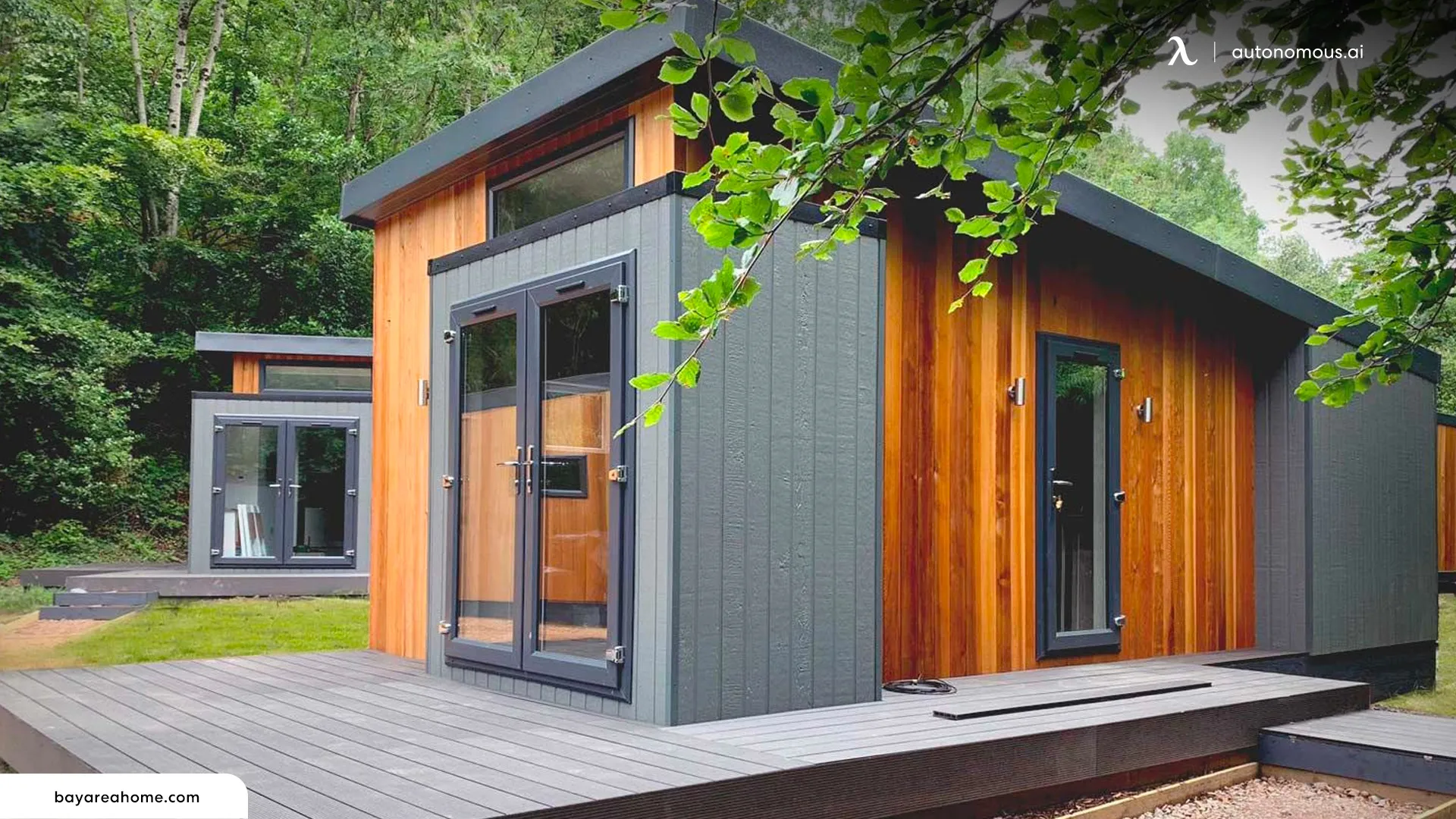
Choosing the Right Prefab ADU
Choosing the perfect prefab ADU or a prefab guest house can be an exciting adventure! Think of it as picking out the ultimate accessory for your home - a delightful mix of style, functionality, and personality. Here are three fun factors to consider to ensure your prefab ADU fits just right:
1. Size Matters: Finding Your ADU's "Goldilocks" Size
Imagine your ADU as a cozy retreat. Too small, and it might feel cramped for your needs; too large, and it could overshadow your main home or exceed your budget. Consider what you plan to use the ADU for - housing an elderly parent, accommodating a college grad, or generating rental income.
Match the size to its purpose, keeping in mind the available space on your property and any local zoning restrictions.
2. Style Points: Matching Your ADU's Personality to Your Home
Your prefab ADU in Maryland should complement your main house, enhancing the overall aesthetic rather than clashing with it. Are you going for a sleek, modern look or a charming cottage vibe?
Choose materials, colors, and design elements that harmonize with your existing architecture. This not only boosts curb appeal but also ensures a seamless integration into your property's landscape.
3. Functionality First: Making Sure Your ADU is a Swiss Army Knife
Consider the layout and prefab additions that will make your ADU a versatile space. Think about multi-functional furniture, efficient storage solutions, and energy-saving features. A well-designed kitchenette, a comfortable living area, and a stylish bathroom can transform a small space into a luxurious haven.
Don't forget the practical aspects like heating, cooling, and plumbing - these essentials ensure your ADU is not just pretty but also comfortable and functional year-round.

Site Preparation and Installation
Preparing your site and installing a prefab ADU in Maryland involves several key steps to ensure a smooth and successful process. First, assess your property to determine the best location for your ADU, considering factors such as accessibility, privacy, and local zoning regulations. Conduct a thorough site survey to identify any potential obstacles, like trees, slopes, or existing structures, which may require adjustments or removal.
Next, secure the necessary permits from your local planning and zoning department. This often involves submitting detailed plans and may include inspections to ensure compliance with building codes and environmental regulations.
Once you have the green light, it's time to prepare the site. This typically includes leveling the ground, installing proper drainage systems, and laying a stable foundation. The foundation type - whether slab, pier, or crawl space - will depend on your specific ADU design and site conditions.
With the foundation in place, the prefab ADU in Maryland is delivered in sections and assembled on-site. Professional installers will handle the heavy lifting, connecting the modules, and ensuring structural integrity. Finally, utilities such as water, electricity, and sewage are hooked up, and finishing touches like landscaping and interior setup complete the process. This method ensures your ADU is ready for use with minimal disruption and maximum efficiency.
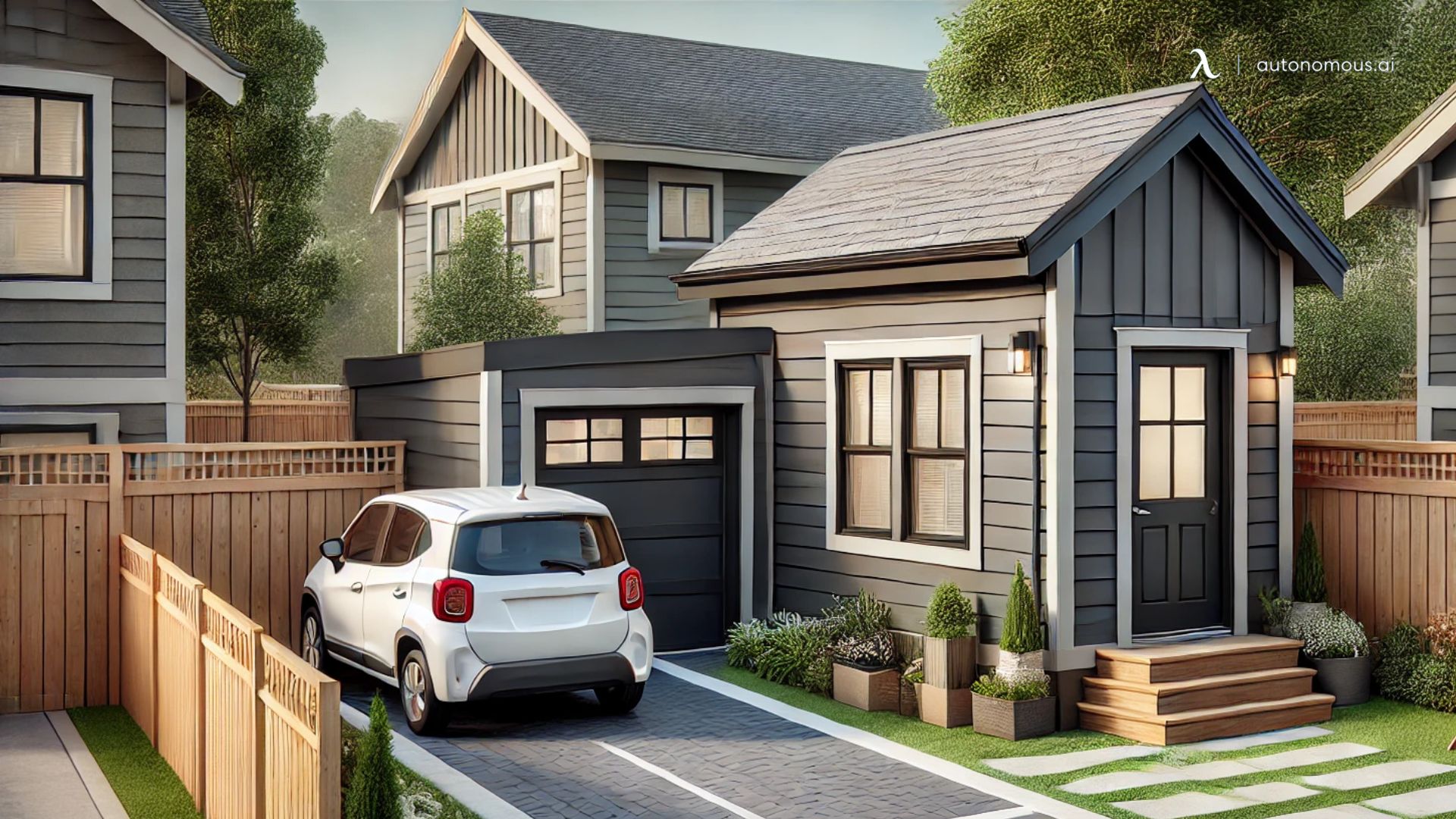
Costs and Financing
The prefab homes Maryland prices can range from $100,000 to $300,000, depending on size, design, and materials. Additional expenses may include site preparation, permits, utility hookups, and landscaping.
Financing options are diverse. Home equity loans or lines of credit (HELOCs) allow you to borrow against your home's value. Personal loans and ADU-specific financing programs are also available. Some local governments offer grants or incentives to support ADU construction. Consult with financial advisors and lenders to find the most affordable prefab homes for your budget and needs.
Conclusion
Prefab ADU in Maryland offers a flexible, practical solution to the rising demand for affordable housing in Maryland. Whether you're looking to create a space for your family, generate rental income, or enhance your property's value, understanding the benefits, legal requirements, and costs associated with ADUs is crucial.
With the right planning and resources, your ADU project can be a rewarding addition to your Maryland home, providing both immediate and long-term benefits.
Spread the word
.svg)







